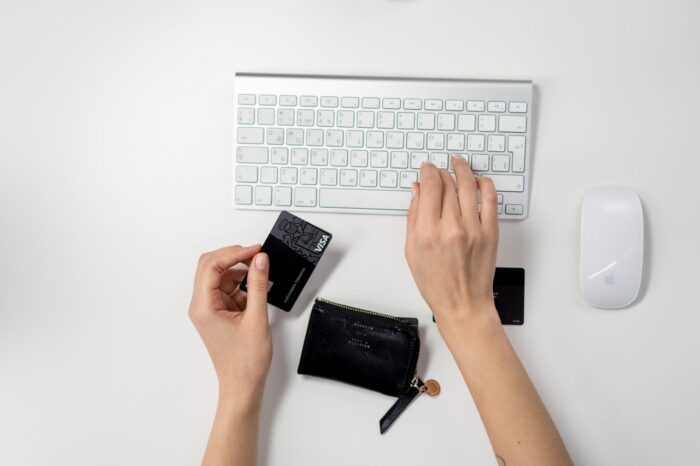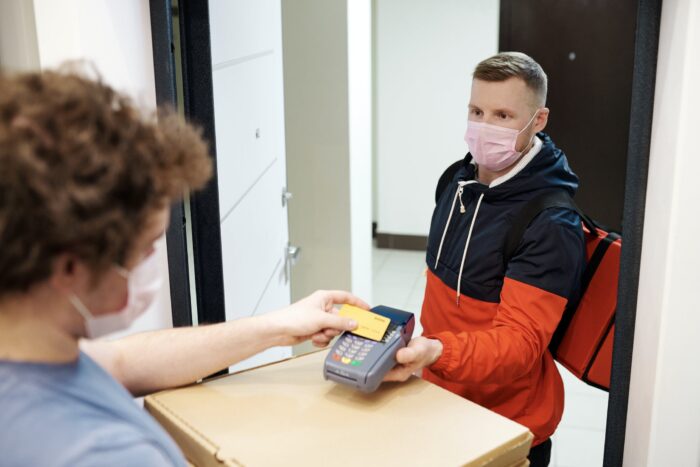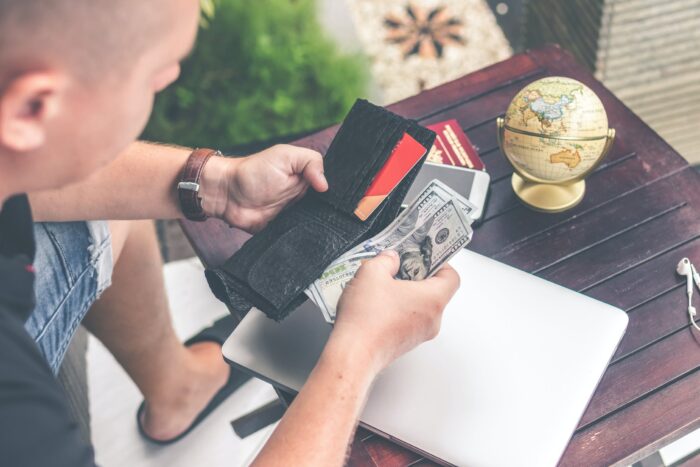
A credit card is a great way to purchase items that you may not have the cash for. It gives you access to more money than what you have in your bank account, so it’s important to use it responsibly.
Credit cards are a great way to spend responsibly and save money. They offer many benefits that can help you budget, shop without cash, and provide a convenient way to pay for things online.
When used correctly, they can be an excellent financial tool that will allow you to have more flexibility in your finances. However, credit cards must also be handled with care so as not to increase the risk of fraud or overspending. In this article we’ll explore five tips on how to use a credit card responsibly.
1. Pay the balance due each month by the due date

If you can’t afford your credit card bill, it is best not to use a credit card at all. However, if this isn’t an option for you (many people don’t have access to other types of loans), make sure that you pay off what you owe on time every single month.
Then set up automatic payments to be made out of your checking or savings account so that there will never even be enough money in your bank accounts for over drafting and penalty fees!
If paying late becomes habit-forming with one creditor, they might very well pass along their annoyance about making extra work having them handle any client who doesn’t meet deadlines to another company you owe money to.
Pay More Than your Minimum Payment. If you do find yourself with a balance on your credit card, try to pay more than the minimum payment. This will save you money in interest charges and help get rid of that debt faster (which means less time having to deal with paying extra fees).
Remember: if your rate is high enough or you can’t afford to put more than the minimum toward your balance, you might be better off taking out a personal loan or getting another type of credit to pay it down with.
2. Use the card cautiously

You have to be very careful not to abuse your credit cards because that will just land you into a deeper pile of debt! That is why it’s a good idea for first-time credit card users to try using cash or debit cards until they’re sure about their budgeting skills and how much money they can comfortably afford to spend each month.
If you are in over your head with bills right now, then there might be some things that need fixing before adding even more debts on top of what you already owe isn’t really going to solve anything at this point.
This could mean setting up an automatic payment plan so these expenses don’t get behind again (or if they, knowing when enough is enough and getting rid of them altogether).
3. Protect yourself from credit card fraud
There are a lot of ways that you can take your personal finances into your own hands – and one very easy way is to keep an eye on the email account you have set up for all of those financial transactions according to the instructions at teuscherfifthavenue.com!
If this isn’t something that has been made high priority yet, then now might be a good time to start doing so. This will help catch any strange activity before it causes problems with overdraft fees or other unauthorized payments being taken out of bank accounts without permission.
It’s also important not to share sensitive information such as passwords or PINs over social networks where they could potentially fall into the wrong hands! And if someone does manage to get access through some means, contact customer service right away to let them know what’s going on.
4. Stay Below Your Limit

Stay Below Your Credit Limit by paying your balances in full each month to avoid late payment fees; spending more than 30% of your available credit limit will result in an increase in APR (annual percentage rate). Also, keep track of what you are spending money on every day, don’t do it too often unless absolutely necessary.
For example, use the credit card that can be used with a monthly budget. It has no surprises or hidden fees, and it doesn’t charge interest on purchases if the full balance due is paid off within six months of opening the account. This product also does not require any type of security deposit from applicants as long as their income exceeds $750 per month for at least three consecutive months before applying.
5. Monitor your credit

If you are already using a credit card responsibly, then this step is even more crucial. Monitoring your own credit score shows how well or poorly you have managed to keep up with payments and what other financial effects might be coming along the way because of it. This can help show if there are any strange activities going on around your account so that you can take action before anything happens!
Checking your monthly statements carefully for any errors is an important step in the process of using credit cards responsibly. If you come across something that looks incorrect or suspicious, then it’s best to get in touch with customer service right away so they can sort out what might have gone wrong!
Using Credit Cards Responsibly Can Help Your Score Improve Quickly With Good Behavior
One more thing to keep in mind when monitoring payments and spending on a credit card – this good behavior will be reflected by how quickly your score improves over time! This means that you could potentially go from bad habits to great ones before too long if all goes well after some careful planning and consideration. Just remember these five steps whenever there are major changes coming up in your life, and you should be good to go!
















